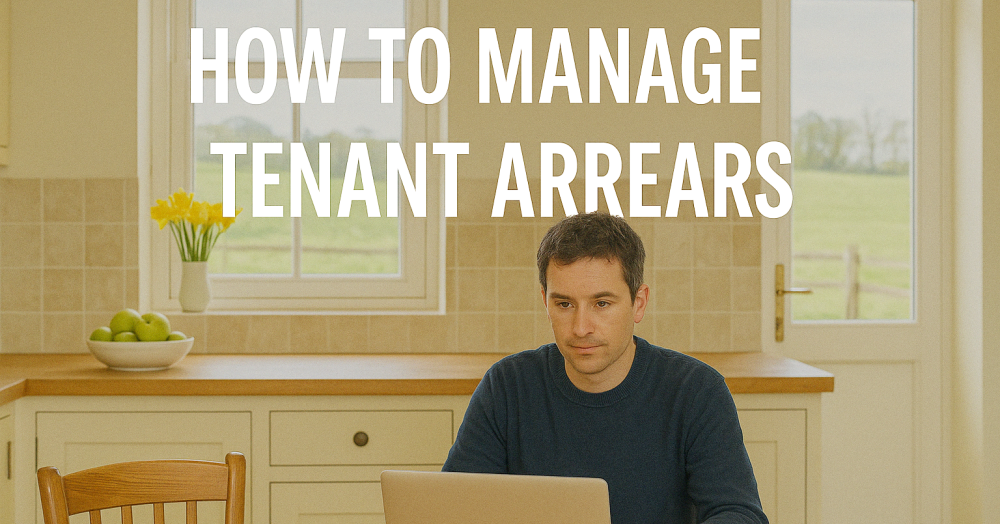
How to manage Tenant arrears
If you have bought the right property in the right location, you have used a letting agent that has carefully selected and referenced your tenants fully and not just picked the first one that walked through the door Then your chances of getting a "bad tenant' have already substantially decreased.
However, if you have embarked on managing your tenant without the continued support of the letting agent, you must have a 'process' for handling rent arrears.
Below is the system we use for chasing rent arrears. At the time of this writing, less than 1% of the rent we are owed was overdue, so this process works. You have to stick to the system, though, without fail. You cannot bend. A process is a process that is followed for everyone.
You should always try to avoid weak applications, but if there are extenuating circumstances, always look to secure guarantors for any applications that have an element of risk. If the tenant does not have a guarantor, twelve months' rent in advance should do it, but make sure there is a clear and real reason for selecting this tenant in the first place.
If you have a tenant that falls into arrears and you have a guarantor, you must keep the guarantor informed the whole way, just as though they were the tenant.
So whenever you write to or call the tenant, you do the same with the guarantor.
Most tenancy agreements demand that the rent be paid in advance and specify that it is the tenant's obligation to get the rent to you, not for you to collect it, so I am assuming this is the case here.
Week One arrears
As soon as the monthly rent is noted to be late, this is when the tenant is technically in arrears. Our system flags up the situation after three days of the money not coming in, so you in need a system that will alert or remind you in the same call way,
At this point you begin with a letter along the lines of “something appears to have gone wrong as we have not received your rent; could you have a look at it and forward the rent or notify us if there is a problem?”
You can't beat a phone call as this stage to get the tenant into action and quickly find out what they are saying is the problem. However, you need something in writing in case they don’t follow up on any action they promise in the phone call.
Week Two arrears
If you still have not received the rent fourteen days after the first missed rental payment, the second letter and phone call are now due to find out what the problem is. So this time, you need to be firmer. However, remember you can only contact the tenant on a reasonable basis and at reasonable times, so no more than every 2-3 days if you do not get a reply or response from the tenant.
This second letter needs to be a bit stronger and refer to the previous letter. It could say something like, 'I am deeply concerned, following our previous conversation and letter; that still no rent has been paid. If no rent is paid in the next seven days I will prepare to start court action against you.'
Week Three arrears
This is effectively the final letter. Here you tell the tenant that despite your efforts, they have not responded, and you are now left with no option but to take action through the courts to repossess the property.
Explain that they will receive no further letters from you and if no payment is received in the next few days legal action will commence. Follow up again with a phone
call, reiterating this.
Week Four arrears
If the tenant is two months in arrears and on a monthly assured shorthold tenancy, you have a right to repossess the property through the courts, as long as all your paperwork is above board and correct.
At this point you will prepare a Section 8 notice citing grounds 8, 10 and 11, which need to be worded in full, and send this to the tenant.
This notice tells the tenant that you will be starting court action in 14 days. You allow two days for service (16 days total), and then you commence legal action through the courts.
Warning! Do not harass
There is no justification for being unpleasant, mean, or angry, even if you feel like it. It's important to remain calm and professional at all times. Do not harass the tenant at their workplace or by contacting their boss or family members, as landlords can face severe penalties for harassment. You should also resist the temptation to cut off services to the property and continue to fulfil your duty to maintain the property as if the rent were being paid. Keep in mind that engaging in unprofessional conduct or harassment could jeopardise your ability to swiftly evict the tenant.



